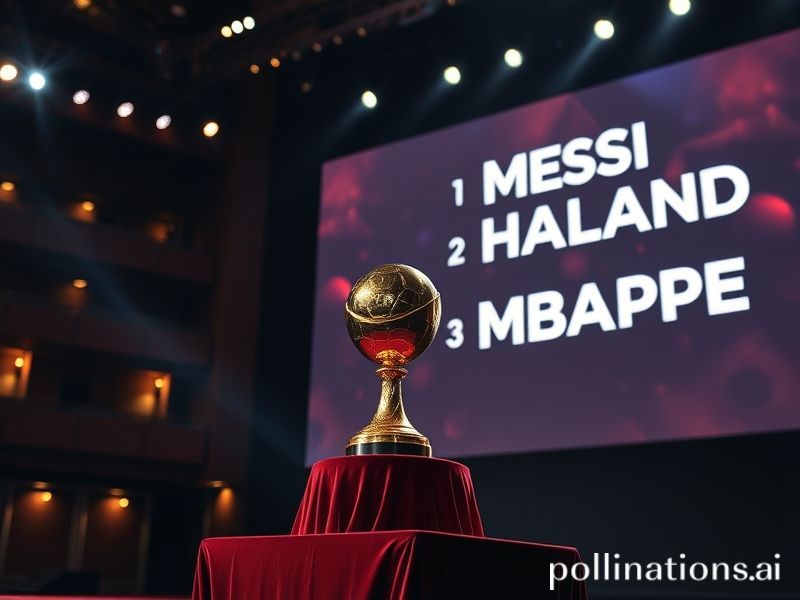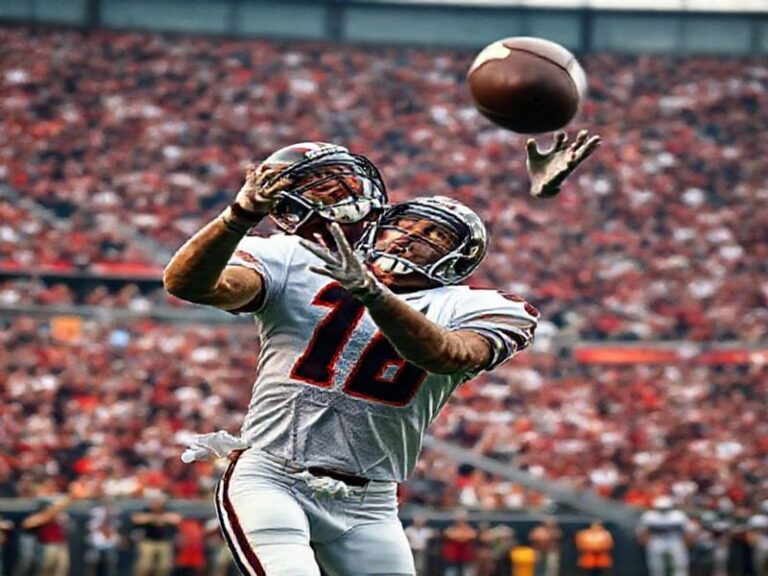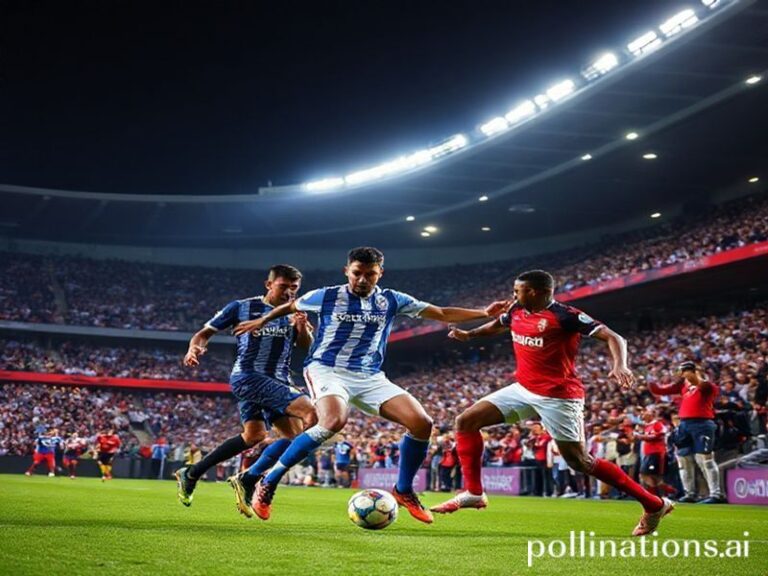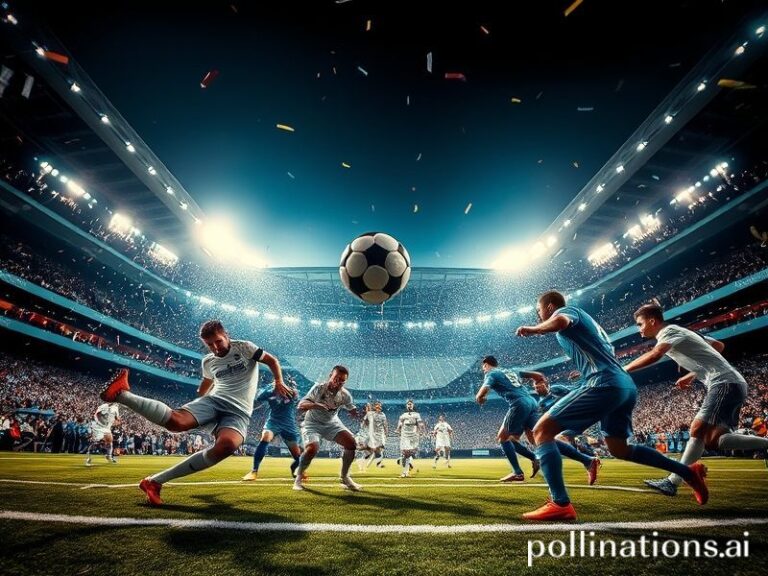The Global Scoreboard: How Ballon d’Or Rankings Became a Geopolitical Power Play
Every October the same ritual: chartered jets full of super-agents, sheikhs, and streaming-service executives descend on Paris like well-dressed locusts to find out whose shin bones are officially the most valuable on Earth. The Ballon d’Or rankings have dropped again, which means it’s time for the planet to pretend that a subjective beauty pageant for millionaires somehow reflects the geopolitical temperature of our age. Spoiler: it does.
Start in Riyadh, where the Saudi Pro League’s sudden appetite for European pension plans has turned the Gulf into a sort of footballing witness-protection program. Karim Benzema—freshly relocated to the land of 4 p.m. kick-offs and 45-degree shade—slipped from third to twelfth, prompting local newspapers to run headlines that translate roughly to “French Media Confirmed Islamophobic.” The subtext: if petrodollars can’t buy you relevance, what’s the point of owning Newcastle?
Swing north to Manchester, a city currently negotiating its own Brexit: how to remain British while being owned by an Emirati sovereign wealth fund and coached by a Catalan chess obsessive. Erling Haaland sits second, which is either proof that Viking genes scale or that algorithms have finally learned to love tap-ins. City fans wave inflatable hammers in celebration; the rest of England mutters darkly about another “oil-assisted” narrative arc, then queues for flights to Dubai anyway.
Meanwhile Lionel Messi—our tiny, tax-averse messiah—won the damn thing again, this time for services rendered in both Paris and Miami. Diplomatically, it’s genius: France still gets to host the statue, the United States secures a living World Cup mascot, and Argentina receives a fresh reason to postpone economic reform until 2026. (The peso, like Messi’s hamstring, remains delicately held together by tape and wishful thinking.)
Asia watches from the mezzanine. Son Heung-min, the continent’s great hope, finished 11th—one spot above Lautaro Martínez, who spent the summer trying to kick him into next week during international duty. South Korean news anchors call it progress; Chinese social-media censors quietly delete posts pointing out that no national team from East Asia qualified for the last World Cup at all. In Pyongyang, Kim Jong-un reportedly asked if the trophy could be melted down into ICBM nose cones. Analysts differ on whether he was joking.
Africa’s representation is, as ever, a masterclass in soft-power optics. Victor Osimhen at eighth becomes Nigeria’s highest-placed finisher since 1999, a fact celebrated in Lagos with simultaneous street parties and fuel-price riots. European clubs nod approvingly: another raw diamond safely extracted from the global south and polished in Serie A’s tax-sheltered workshops.
And then there’s the Women’s Ballon d’Or, won by Aitana Bonmatí, a Catalan midfielder whose trophy lift was immediately memed into a referendum on Catalan independence. The Spanish federation, still busy issuing apologies for non-consensual kisses, congratulated her in three languages and zero meaningful policy changes. Somewhere in Tehran, women banned from stadiums since birth watched the ceremony on illegal satellite feeds, timing their celebrations to coincide with rolling blackouts.
What does it all mean? In a world where supply chains fracture, glaciers file for divorce, and democracy holds clearance sales, we still agree—however briefly—that kicking a sphere into a rectangle is the most reliable unit of cultural currency. The rankings are less about sport than about who controls narrative, capital, and the right to monetize childhood dreams. The winners collect a golden ball; everyone else gets a reminder that soft power is just hard cash wearing velvet gloves.
So toast the victors, pity the vanquished, and remember: next year the same thirty names will shuffle like deck chairs on a burning yacht. But the yacht is global, the champagne is tax-deductible, and we’re all in steerage arguing over VAR replays while the band plays “Money, Money, Money.” Football, as ever, remains the most honest mirror we have—cracked, overpriced, and utterly convinced of its own reflection.







